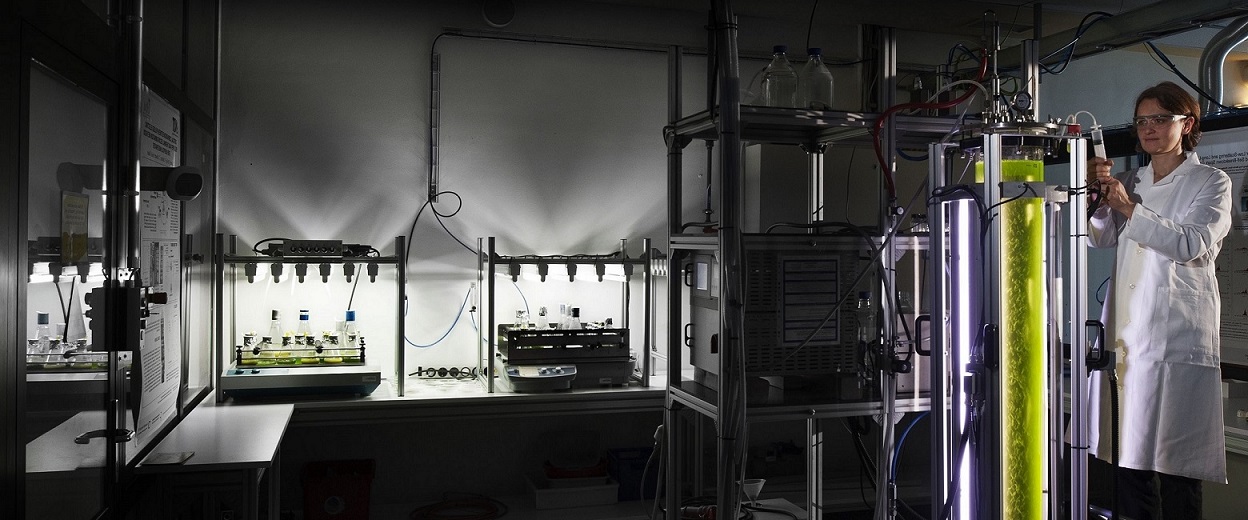Bioengineering focuses on process engineering in the context of an industrial, engineering-driven application of biological / biotechnological principles. This distinguishes it from the natural science courses, biotechnology or molecular biotechnology, which primarily deal with the utilisation of biological principles. Bioengineers make a decisive contribution to the development of interdisciplinary approaches to creating an energetically and materially sustainable, post-fossil economy.
In the Master's programme in Bioengineering, in-depth and comprehensive knowledge of engineering as well as mathematics and natural sciences is taught in theory and practice, which allows process engineering principles to be applied to biological material systems. Graduates are thus enabled to work scientifically and to act responsibly in their profession and in society.
In the compulsory programme, students acquire methodologically qualified basic knowledge that has been significantly expanded compared to the Bachelor's programme, with a main focus on biotechnological procedures and processes that implement the industrial utilisation of biological systems. This knowledge is further developed exemplarily in two freely selectable specialisation subjects. One of these specialisation subjects must deal specifically with aspects of biotechnological material systems.
At a glance
Abschlussart: Master of Science (M.Sc.)
Regelstudienzeit: 4 Semester (Vollzeitstudium)
Leistungspunkte (ECTS): 120 Leistungspunkte
Unterrichtssprache: Deutsch
Höheres Fachsemester: nicht zulassungsbeschränkt
Höheres Fachsemester: zum Winter- und Sommersemester
Höheres Fachsemester: 30. September für das Wintersemester, 31. März für das Sommersemester


